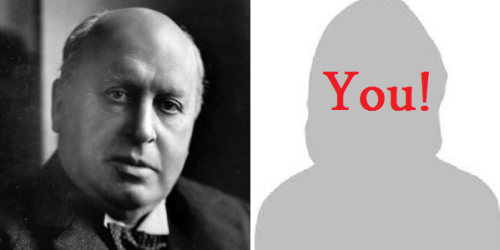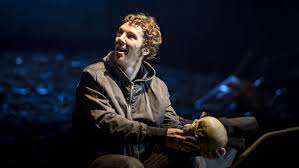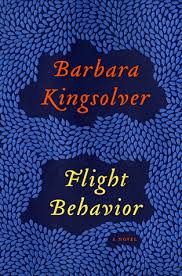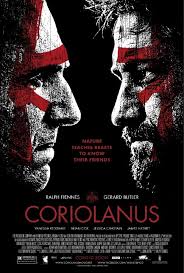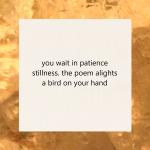Do you want to write a Literary Novel but don’t know how to start? Fear not!
Follow these 11 easy steps and you too can write a masterpiece of fiction. Soon, you will enjoy critical praise, fawning audiences, fancy cocktail parties, cushy academic appointments, prestigious fellowships, and modest sales. Does that sound good? Then let’s get it going!
Step 1 – Make your Literary Novel Serious
It’s the rare comic novel that joins the pantheon of literature. Comedy works in your favor if you excel at tragedy too (Shakespeare), if it is suffused with deep undercurrents of sadness (Chekhov), or if it comes with dazzling social insights (Austen). Otherwise, you are condemned to lightweight status no matter how blinding your brilliance.
Step 2 – Make your Literary Novel Sad
A corollary to Step 1. No one who is happy is a serious person. Happiness indicates you are entirely lacking in the basic insight necessary to be sad or that you have been hoodwinked by capitalism, the church, the NFL, Cosmo magazine, the makers of antidepressant medication, or the Republican party.
Step 3 – Make your Literary Novel characters Introverts
Extroverts don’t sit in rooms by themselves reading about other people’s lives. They are out in the world living their own lives. Always make your Literary Novel about your audience. Your audience is introverts.
Step 4 – Make your Literary Novel characters Introspective
A corollary to Step 3. Being an introvert doesn’t do you much good unless you are living your interior life more deeply, more consciously, and more fiercely than everyone else is living theirs. Passionate introspection and self-conscious brooding are to introverts what sky-diving and tech start-ups are to extroverts: high-status ways of demonstrating you are more successful than your peers.
Step 5 – Make your Literary Novel characters Hyper-articulate
A corollary to Steps 3 and 4. It doesn’t do you much good to live a passionate interior life if you can’t get the damn thing out of your head and into the world prancing around impressing people. So make your characters impossibly articulate especially in circumstances that should render them speechless, such as tumbling inside a fatal avalanche or porking the hottie of their dreams.
Step 6 – Make your Literary Novel Big
This is especially important if you are a male writer. Size definitely DOES matter to the male literary novelist and the bigger the better. You don’t want to be dangling some elegant slender volume praised for its jewel-like perfections when you are standing next to Jonathan Franzen, do you?
If you are a woman, you have it easier. You can say exactly what you want to say, in exactly the number of words you need to say it – and no more – and trust the intelligence and good taste of your readers to recognize your qualities. You should also trust you will hear a lot of sniffing about lady writers.
Step 7 – Make your Literary Novel Boring
Never make the mistake of entertaining the reader. You might accidentally become a popular success and popular success is for hacks. (Just ask Shakespeare or Twain or Fitzgerald or Nabokov or … well you get the point.)
The easiest way to make your Literary Novel boring is to assume that every passing thought you have is a rare gift to the world that must be shared. If you’ve ever used social media, this should be simple enough. Another easy way to bore the reader is to avoid plot. Be sure to let people know your book is deliberately boring by giving interviews in which you talk about subverting reader expectations or offering a stinging critique of the zombie-producing distractions of a debased all-for-profit culture.
Step 8 – Use Big Words in your Literary Novel
Hey, we coughed up forty bucks for the hardcover version of your frickin’ doorstop. We want our money’s worth. That means big words and lots of them. Even if they don’t quite work in the sentence.
Step 9 – Use Obscure References in your Literary Novel
A corollary to Step 8. One of the most important reasons people read Literary Novels is to look and feel smarter than people who don’t. Obscure references are essential to this process. So make sure you put in plenty. I mean, you do want to be the next Sirin right? (Did you get my reference? You did? Welcome to the club! You didn’t? Ha ha!)
Step 10 – Criticize Society in your Literary Novel
You should always criticize society in your Literary Novel as long as you are criticizing its insidious lack of liberal progress. Never criticize society for being too progressive. That is not literature!
Express outrage no one has fixed the problems you identify. Imply every problem would magically disappear if it weren’t for the malignant, soul-deadening, tyrannical machinations of the power elite. Do not make the mistake of offering solutions to the problems you see. Literary Novels are not in the solutions business.
Step 11 – Make your Literary Novel Difficult
This is the most important step of all. Your Literary Novel must be difficult to read. Remember, a truly original work of art is indistinguishable from a hot mess to its first audience. Further, no one is going to spend the time carefully reading an interminable and terminally boring new Literary Novel to figure out if it is a hot mess. They are going to play it safe and praise the book instead. This works great for you unless you really are a genius in which case, honey I’m sorry to tell you, you’re screwed.
That’s it! I look forward to your Literary Novel appearing in The New Yorker ten years from now. I did mention these bastards take a long time to write, and cause you unbearable suffering while you write them, didn’t I?
